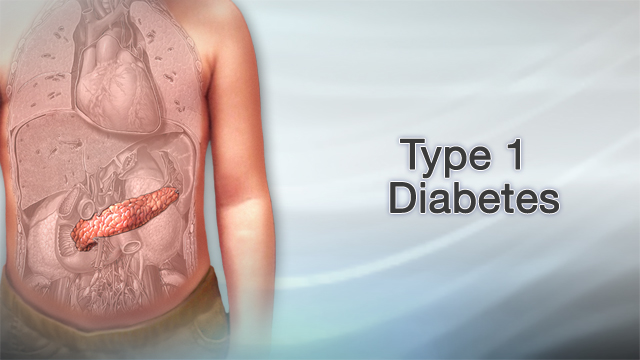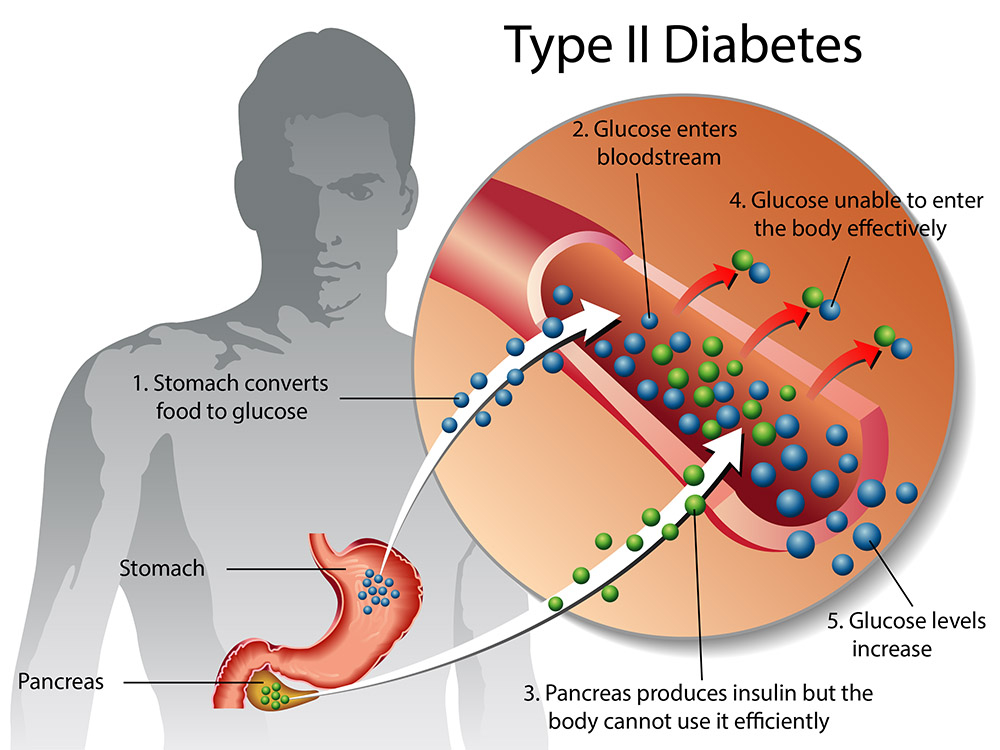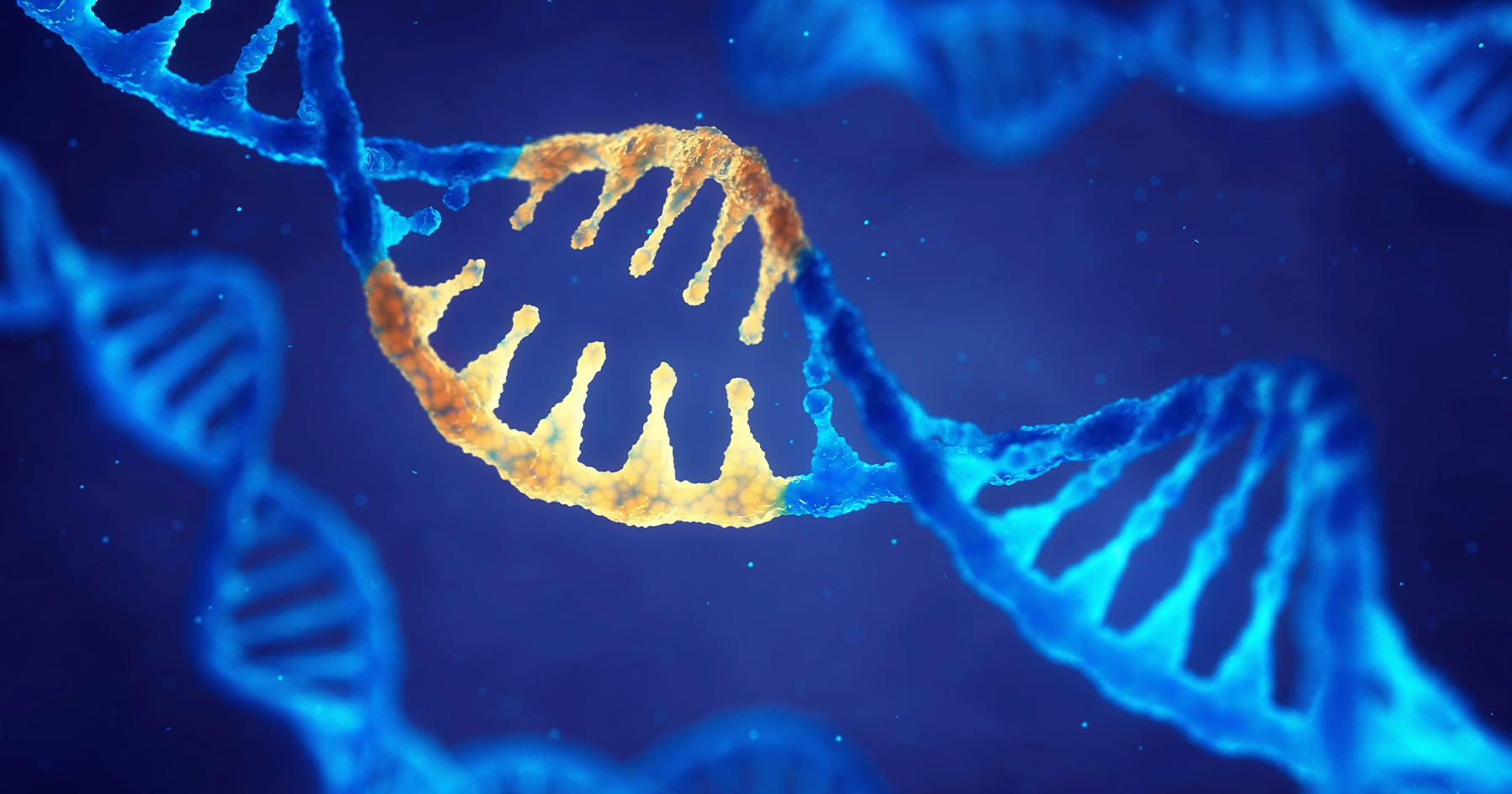Diabetes mellitus, known as diabetes, is a chronic metabolic disorder which happens to affect millions of people across the globe. Often characterized by elevated blood sugar levels, diabetes can lead to various complications if not effectively well managed.
Diabetes as commonly known, is a multifaceted health condition, and understanding its various types, causes, and prevention is crucial for effective management and prevention. From Type 1 diabetes, an autoimmune disorder, to the more common Type 2 diabetes associated with lifestyle factors and influences, each type comes with unique challenges. This blog will delve into the different types of diabetes, shedding light on its distinct characteristics, management strategies, and possible eradicative measures.
Causes Of Diabetes

Genetic Predisposition
With genetic predisposition, we mean that there is an increased chance that a person will develop a disease based on their genetic makeup. The greatest factor contributing to diabetes is a genetic predisposition. Individuals who have a family history of diabetes are at the greatest risk of developing the condition. While genetics play a greater role, environmental factors may also contribute to its manifestation.

Lifestyle Factors
Sedentary lifestyles( a lifestyle with a lot of sitting and lying down, with very little or no exercise )and poor dietary habits such as Eating too fast and eating, standing while eating, when not hungry among others are major contributors to the ever increasing incidence of diabetes. Consuming high-calorie, low-nutrient foods and leading a physically inactive life can lead to excessive weight gain and insulin resistance, increasing one’s risk of Type 2 diabetes.

Insulin Resistance:
With Type 2 diabetes, the body’s cells become very resistant to the effects of insulin, a hormone responsible for regulating blood sugar levels. In effect, glucose accumulates and builds up in the bloodstream, resulting in elevated sugar levels.

Autoimmune Response
Type 1 diabetes is an autoimmune illness in which the body’s immune system targets and destroys insulin-producing cells in the pancreas. As a result of insufficient insulin synthesis, glucose builds up in the blood.
Diabetes During Pregnancy
Gestational diabetes occurs when some women develop diabetes while pregnant. While it normally goes away after childbirth, it raises the chance of developing Type 2 diabetes later in life.
Types Of Diabetes.
Type 1 Diabetes, The Assault on the Immune System.

Type 1 diabetes, which often diagnosed in childhood or adolescence stage , is an autoimmune condition where the body’s very own immune system mistakenly attacks and degrade and destroy the insulin-producing beta cells which is located in the pancreas. With less or insufficient insulin, glucose cannot enter the cells for energy, resulting in elevated blood sugar levels. Persons with Type 1 diabetes may require lifelong insulin therapy to help manage their condition. This type represents about 5-10% of all diabetes cases.
Type 2 Diabetes, The Influence of Ones Lifestyle.

Type 2 diabetes is one of the most common forms, accounting for the majority of diabetes cases worldwide. It primarily develops in adults, although it is increasingly diagnosed in children and young adults due to rising of obesity rates. With Type 2 diabetes, the body often becomes resistant to insulin, and the pancreas can no longer produce enough insulin for compensation.
Gestational Diabetes, The Temporal Challenge:
Gestational diabetes many at times occur during pregnancy when hormonal changes impair insulin action. While it normally resolves after childbirth, women who experience gestational diabetes are at an increasing risk of developing Type 2 diabetes later in life. 
A Rare Genetic Cause of Monogenic Diabetes:
Monogenic diabetes is a rare kind caused by a single gene mutation. It can appear at any age and be confused with Type 1 or Type 2 diabetes. Accurate diagnosis requires genetic testing. Treatment strategies differ depending on the genetic mutation, and some people may be able to manage the illness with oral drugs rather than insulin.

Beyond the Primary Causes of Diabetes:
Secondary diabetes develops as a result of another medical disease or medicine that interferes with insulin synthesis or usage. Secondary diabetes can be caused by conditions such as pancreatic illness, hormone imbalances, or certain drugs. Addressing this type of diabetes requires addressing the underlying problem.
Prevention Strategies
Adopting a balanced and nutritious diet is critical for diabetes prevention. Whole grains, fruits and vegetables, lean proteins, and healthy fats should be prioritized. To keep blood sugar levels consistent, limit your intake of sugary and processed foods.
Regular Physical Activity

Regular exercise improves insulin sensitivity and weight control. Aim for at least 150 minutes per week of moderate-intensity aerobic activity, as well as strength training exercises.
Weight Control:
Maintaining a healthy weight is critical in the prevention of Type 2 diabetes. Even a small weight decrease can lessen the risk greatly. Consult with a healthcare expert to set realistic weight-loss objectives.

Check-ups on a regular basis, including blood sugar tests, can detect pre-diabetes or early diabetes. Early intervention and lifestyle changes can help to prevent the illness from progressing.
Limit your alcohol consumption and quit smoking:

Excessive alcohol use can aggravate diabetes, and smoking raises the risk of complications. Limiting alcohol use and stopping smoking are essential components of a diabetes prevention strategy.
Diabetes is a complex disease influenced by both genetic and environmental factors. Proactive lifestyle changes, on the other hand, can dramatically minimize the risk and effectively manage the condition. Individuals may empower themselves in the fight against diabetes and pave the road to a better, more vibrant future by embracing a nutritious diet, regular exercise, weight management, and other preventative measures.
 Allosmediagh.com Allosmediagh.com l Latest News, Politics, Sports, Entertainment
Allosmediagh.com Allosmediagh.com l Latest News, Politics, Sports, Entertainment



